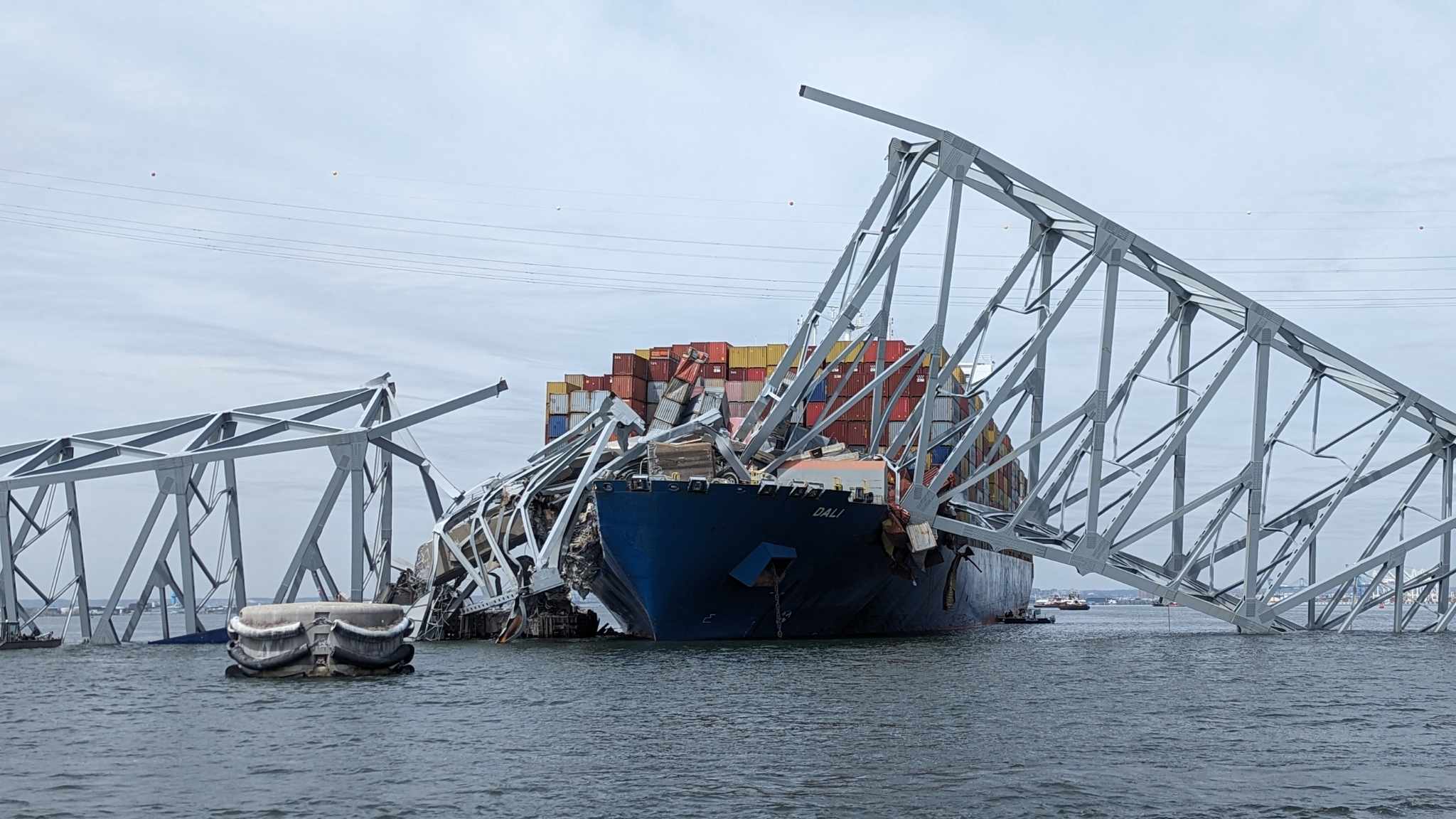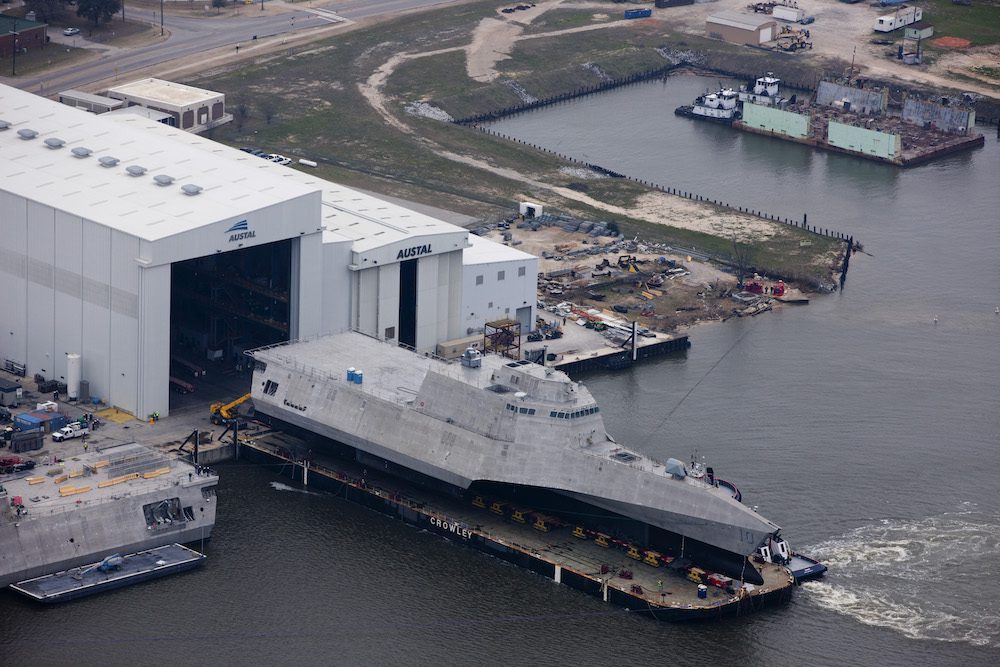
Sends Report to Congress on America’s ‘Marine Highways’
WASHINGTON – U.S. Transportation Secretary Ray LaHood has released a report which will serve as a roadmap to the future in creating and further strengthening the nation’s marine highways. Prepared by the U.S. Department of Transportation’s Maritime Administration, the report, America’s Marine Highways, highlights the benefits of using coastal and river transportation as part of America’s new clean energy economy.
Congress requested the report to show how water transportation can help move the nation to a more environmentally-sustainable transportation system, reduce highway congestion and cut down on the maintenance and replacement costs of the nation’s roads and bridges.
“America’s maritime transportation system is a major priority for President Obama’s administration,” said Secretary Ray LaHood. “When we finish America’s fully-integrated, national marine highway system, our legacy will be more than routes on water. It will be a country less dependent on foreign oil. It will be a 21st century means of moving people and goods. It will be a future that America is prepared to win.”
The report highlights the Department’s accomplishments in supporting the development of America’s marine highway system. Since formally starting the program last year, Secretary LaHood designated 18 Marine Highway Corridors that will support economic growth and create jobs in communities across the country. In addition, the Department awarded $215.3 million from the TIGER I and TIGER II (Transportation Investment Generating Economic Recovery) programs to jumpstart or expand marine highway projects. Finally, the Department commissioned a study of new ship design to serve the marine highway markets and to be useful to the military if needed.
“America’s new clean energy economy will rely on a green, efficient transportation system that means making better use of our underutilized marine highways,” said Maritime Administrator David Matsuda. “This report is a valuable instrument in helping chart our course toward better energy security, reduced highway congestion and more balanced transportation networks.”
The full report can be downloaded by CLICKING HERE

 Join The Club
Join The Club











